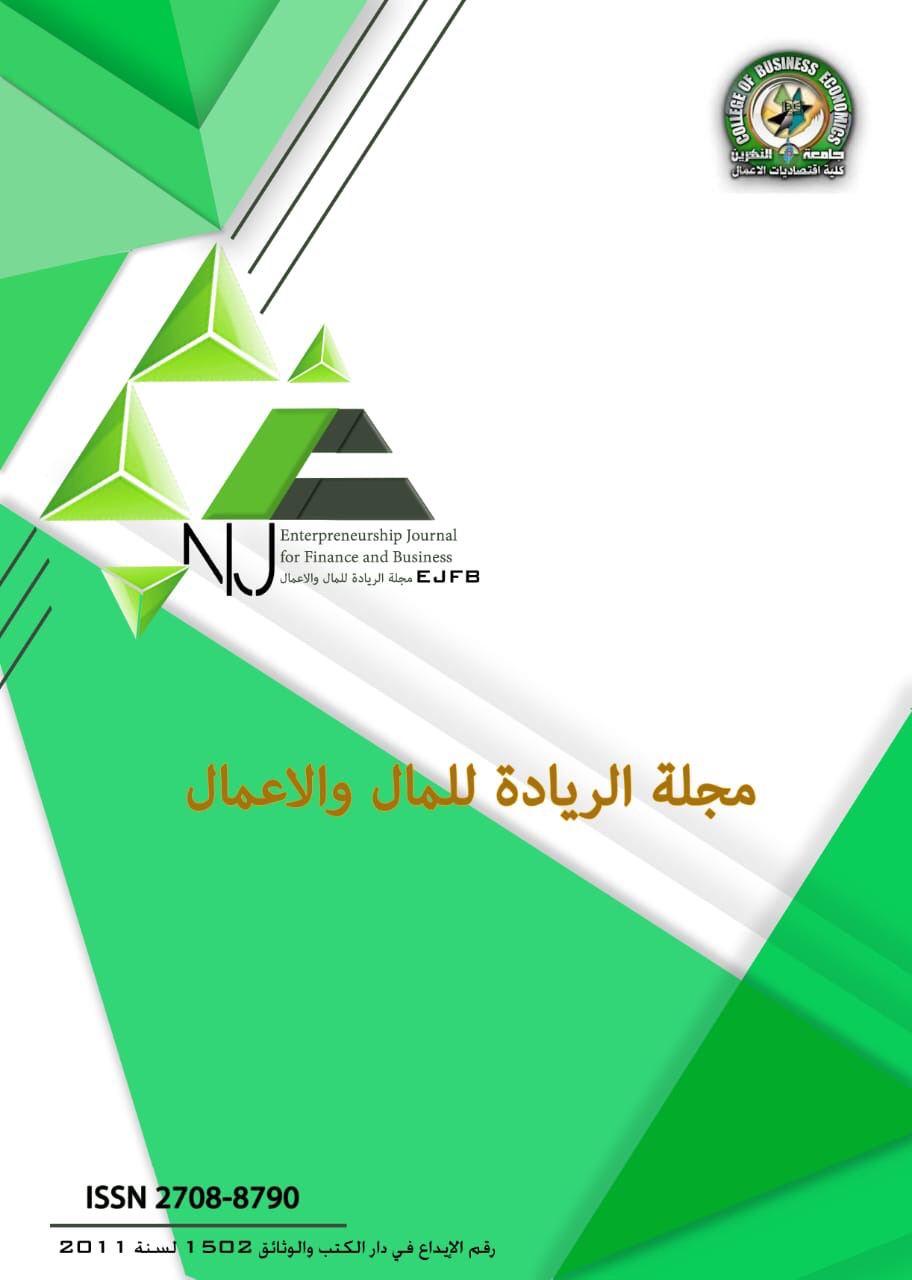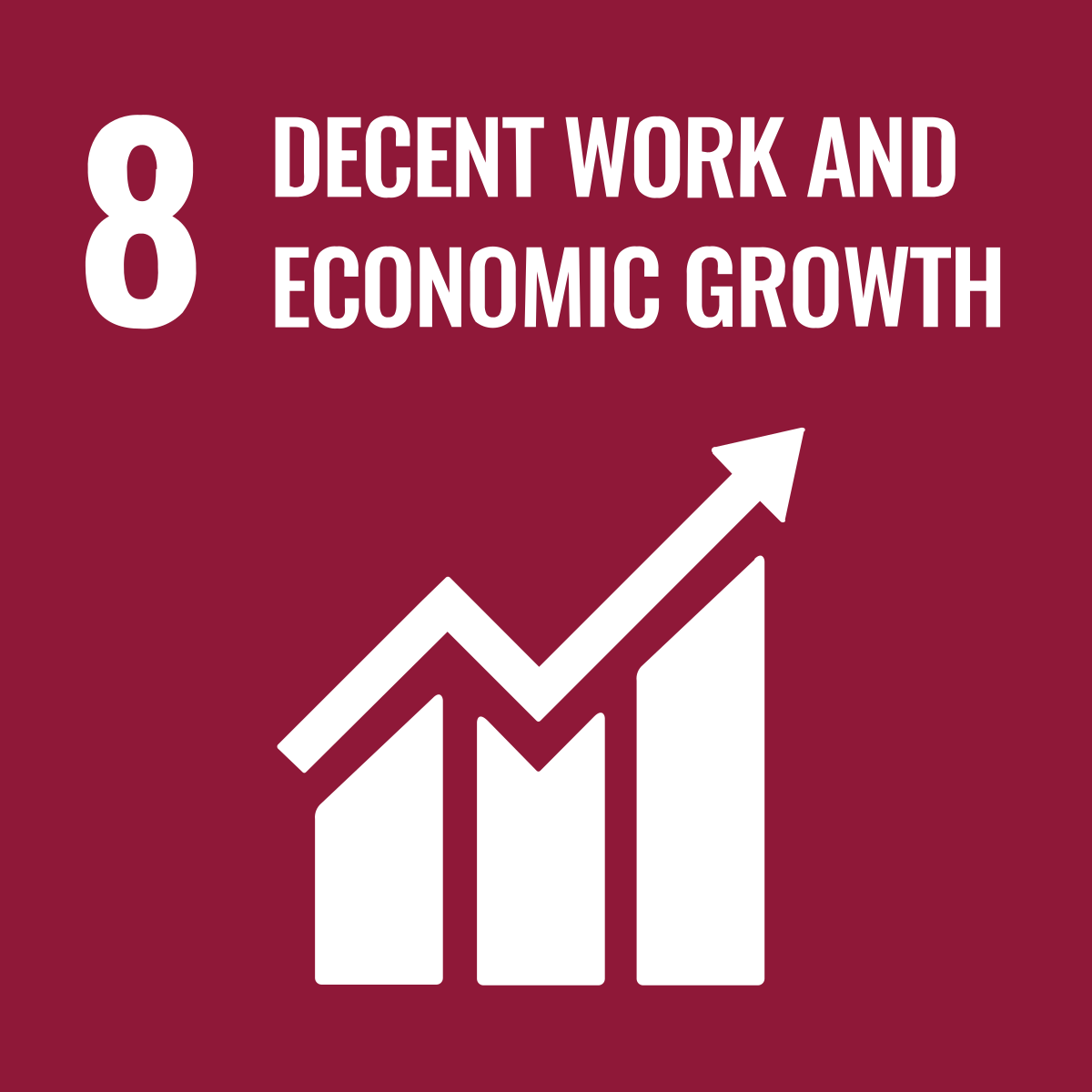The effect of emotional intelligence on the organization’s reputation - field research for a sample of private banks in Baghdad
DOI:
https://doi.org/10.56967/ejfb2021103Keywords:
emotional intelligence, reputation of the organization, private banksAbstract
The current research aims to identify the extent of the influence of emotional intelligence on the organization’s reputation for a sample of private banks in Baghdad, as well as the extent of the interest of private banks in research variables and their dimensions, to come up with a set of recommendations that contribute to improving their practice and adoption of these variables, and based on the novelty of the variables and their importance to banks. On the one hand, and society on the other hand, the research adopted the descriptive and analytical approach in completing a chapter and discussion, and it was applied in a sample of private banks in Baghdad, so that the research community (285) of the leaders represented by everyone who occupies the functional positions (bank manager, assistant manager, bank manager Department, Associate Director of Department, Division Officer), a questionnaire was distributed to them (170) to investigate opinions about the variables studied, and it was supplemented with data, observations and limited interviews, while the research used programs (SMART PLS V.3.3 - SPSS V.26 - AMOS V.25) To analyze the primary data, with the adoption of descriptive and inferential statistical methods represented in (the normal distribution test, the exploratory factor analysis, the confirmatory factor analysis, the validity and reliability test, the arithmetic mean, the standard deviation, the relative coefficient of difference, etc. Relativity ratio, Pearson correlation coefficient, simple linear regression coefficient, multiple regression coefficient) to test the research hypotheses stemming from the main questions, and the statistical analysis showed a number of results, the most prominent of which was the keenness of private banks to improve their organizational reputation, by directing emotional intelligence (self-feeling assessment, Feeling regulation, the use of feeling) to improve its level, while the evaluation of self-feeling and the regulation of feeling directed to improving creativity, innovation, and social responsibility, it added the use of feeling to the two dimensions, self-feeling assessment and feeling organization to improve the level of quality, performance, vision and leadership.
Downloads
Downloads
Published
How to Cite
Issue
Section
License

This work is licensed under a Creative Commons Attribution 4.0 International License.
This is an Open Access article distributed under the terms of the creative commons attribution (CC BY) 4.0 international license which permits unrestricted use, distribution, and reproduction in any medium or format, and to alter, transform, or build upon the material, including for commercial use, providing the original author is credited.






